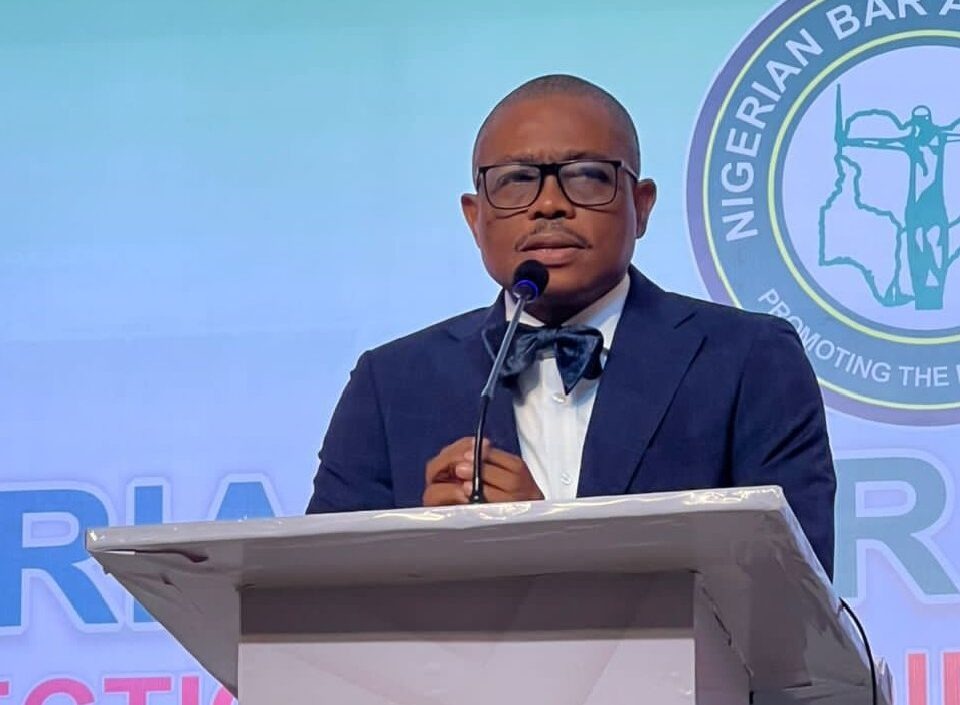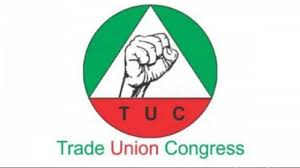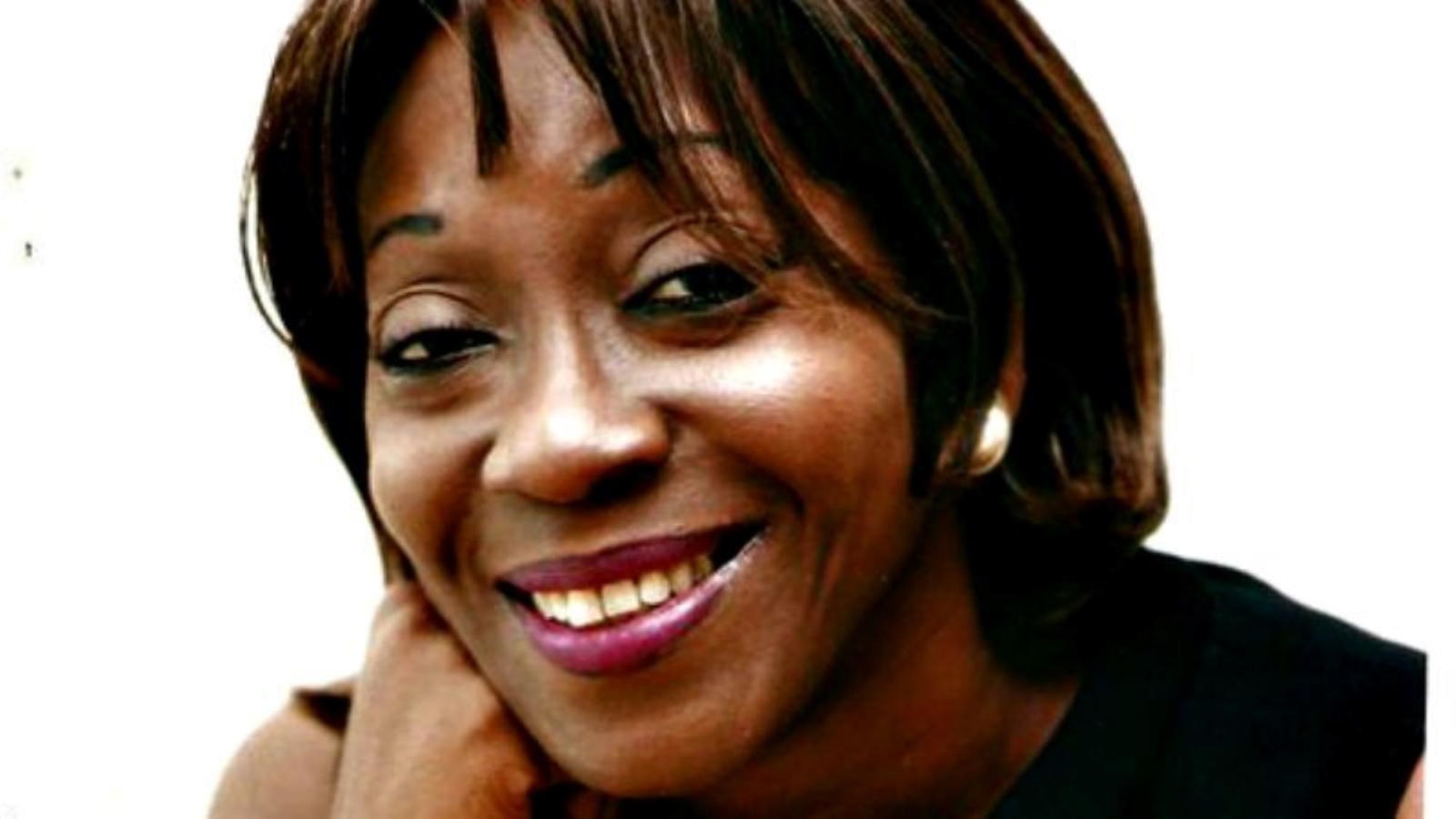Last week, Nigeria successfully recorded 3 events that greatly excited many citizens. They were obviously events that many people must have wished could continue without stop. One of them was the conviction and imprisonment of Ignatius Uduk, a professor at the University of Uyo (UNIUYO)who was found guilty of electoral malpractices. Uduk, who served as a returning officer during the 2019 general elections in Essien Udim State Constituency, was specifically indicted for announcing and publishing false election results. This makes it 2, the number of professors that have so far been convicted for electoral fraud. The first conviction which took place in 2021, was that of one Peter Ogban, a professor of soil science, at the same UNIUYO, and a returning officer in the 2019 general elections in Akwa Ibom North-West District. He was jailed for tampering with election results.
The apparent implication of the development is that it is not every professor that has integrity. The unending examination malpractices in different universities in the country ought to have been a reminder to the Independent National Electoral Commission INEC to be circumspect in appointing just any professor and other academics to the sensitive assignments of conducting different segments of elections. It is in fact worse that many of those who get appointed to do the job patently lobbied for it. In other words, they had ulterior motives in seeking to be part of the sensitive assignments – the appointment of such ‘hustlers’ is an incurable risk. It is therefore hoped that INEC will depart from its fixation that academics are necessarily the best hands in the management of elections.
Some professors may be excellent but there are others that are deficient in character. But who were the beneficiaries of the fraud committed by Uduk and Ogban? Was any effort made to search for what such beneficiaries did to the professors that pushed them into the temptation of electoral fraud? Did our security agencies try to identify the quantum of material benefits which beneficiaries offered the convicts? These questions are relevant if indeed, the nation is really anxious to reduce electoral frauds. Not much can be
gained through scapegoating or complete focus on election officials with no attempt to investigate those who initiated the fraud and for whose sake others committed electoral malpractices. If such beneficiaries who successfully coerced professors into doing wrong were prosecuted would they not have also compromised judges?
From what history suggests, the beneficiaries may never have been arrested at all but if they had been held and allowed to face prosecution, it is more likely that they would have wriggled out of the case. But if some of them had been unlucky to face trial before Justices Agustine Odokwo and Bassey Nkanang and perhaps a few other credible judges, they would have been in jail by now. The point to be made therefore is that Nigerians are excited to see that the judiciary we have all been blasting for some time now still has judges that are forthright. Such judges are the ones to be rewarded for genuine and committed performance instead of those who are being favoured simply because they are friends and or relations of top political office-holders.
However, there is need to recall that what gave room for the judges to excel was the presence in INEC at the time of Mike Igini the most credible Resident Electoral Commissioner of the decade. If Igini who was in charge of elections in Akwa Ibom State had like some of colleagues allowed himself to be compromised, there would have been no trial of electoral fraudsters anywhere. Otherwise, how do we explain the fact that despite the numerous electoral infractions in different parts of the country, it was only in Akwa Ibom that actors were made to account for their deeds. Although everyone knew Mike Igini to be incorruptible, he was not rewarded with a reappointment to the headquarters of INEC as a national commissioner. Instead, political party chieftains prayed daily for his exit. Is it not persons of exemplary conduct that deserve renewal of appointment?
Another major landmark of the week was the request by President Bola Ahmed Tinubu to the Senate to approve the termination of the appointment of 3 Resident Electoral Commissioners RECs namely: Yunusa Ari (Adamawa) Nura Ali (Sokoto) and Ike Uzochukwu (Abia). The 3 RECs had been accused of false declaration of election results as well as bribery and corruption. Nigerians are happy that the accused persons are finally being held accountable and are in fact currently facing prosecution. But will the judges handling their cases be as diligent and forthright as the Akwa Ibom judges? If not, our current celebration may be cut short if the prosecution of the suspects is allowed to be marred by nebulous charges. It is not unusual to find a situation where it is the prosecution itself that helps to frustrate the trial of some accused persons. Until the prosecution of the 3 former RECs ends, not much can be said for now.
The last of the 3 exciting events also concerns the role of President Tinubu in intervening to stop embarrassing conflicts. This time around, there is electrifying joy in the decision of the president to sack two Vice Chancellors and to reshuffle the governing councils of some tertiary institutions. The most remarkable of the events is the sacking of Professor Aisha Maikudi who was described by many university professors of her University of Abuja as not qualified to become Vice Chancellor. At a point Forty-three (43) Senate members of the University raised concerns over her controversial appointment, citing manipulation of the selection process. In an open letter to the President in his capacity as the Visitor to the institution, the Senate members called for the immediate dissolution of the University’s Governing Council in view of widespread irregularities, which they claimed undermined not only the credibility of the VC’s appointment but also the integrity of the institution.
The grave allegations in the open letter included ‘several key issues, such as improper composition of the Governing Council, breaches in appointment guidelines, intimidation and harassment of Senate members, and a flawed, rushed selection process.’ Tinubu’s decision to sack the Vice Chancellor has exceedingly
calmed frayed nerves according to some staff of the university. In particular, it appears a wise decision to have also appointed a new acting Vice Chancellor and provided a space of 6 months for normalcy to return to the campus. As if to avoid a repeat of the lack of level playing field for applicants seeking to be VC, the president has directed that the new acting VC shall not be eligible to apply. Tinubu has taken similar steps in some other institutions especially the University of Nigeria Nsukka whose acting VC was similarly sacked just as the governing council was virtually reconstituted.
While commending the President for his interventions in the crises in the universities, it is a matter for regret that the appointment of VCs has of recent taken the same tempo as the selection of a political party flag bearer for an election through party primaries. The implication of this is that virtually everything in Nigeria has become politicised. The president may become distracted if it becomes one of his routine schedules to resolve conflicts in academic institutions in the country. To get away from this distraction, the president must conclude his present intervention by penalizing all those involved. Sacking the VCs involved is good but not enough. Members of affected governing councils should not just be rotated; those responsible for the crises must be visibly sanctioned.
Another remarkable thing that government must do with universities is to appoint knowledgeable members to their councils. The opportunity should not be used to reward party chieftains who are not qualified either in character or learning to be elevated into the policy making cadre of academic bodies. Otherwise, universities would become trading centres and avenues for contract awards which are the only things that can satisfy the avarice of politicians. There is also the need to stretch an intervening hand to Ministries, Departments and Agencies MDAs where many persons are currently appointed into technocrat positions for which they are ill-equipped. Politicians have no business being part of day to day running of government bodies, they should be part time board members if we want peace in our public organizations that can
Another remarkable thing that government must do with universities is to appoint knowledgeable members to their councils. The opportunity should not be used to reward party chieftains who are not qualified either in character or learning to be elevated into the policy making cadre of academic bodies. Otherwise, universities would become trading centres and avenues for contract awards which are the only things that can satisfy the avarice of politicians. There is also the need to stretch an intervening hand to Ministries, Departments and Agencies MDAs where many persons are currently appointed into technocrat positions for which they are ill-equipped. Politicians have no business being part of day to day running of government bodies, they should be part time board members if we want peace in our public organizations that can sustain the joyous mood of the last one week.



